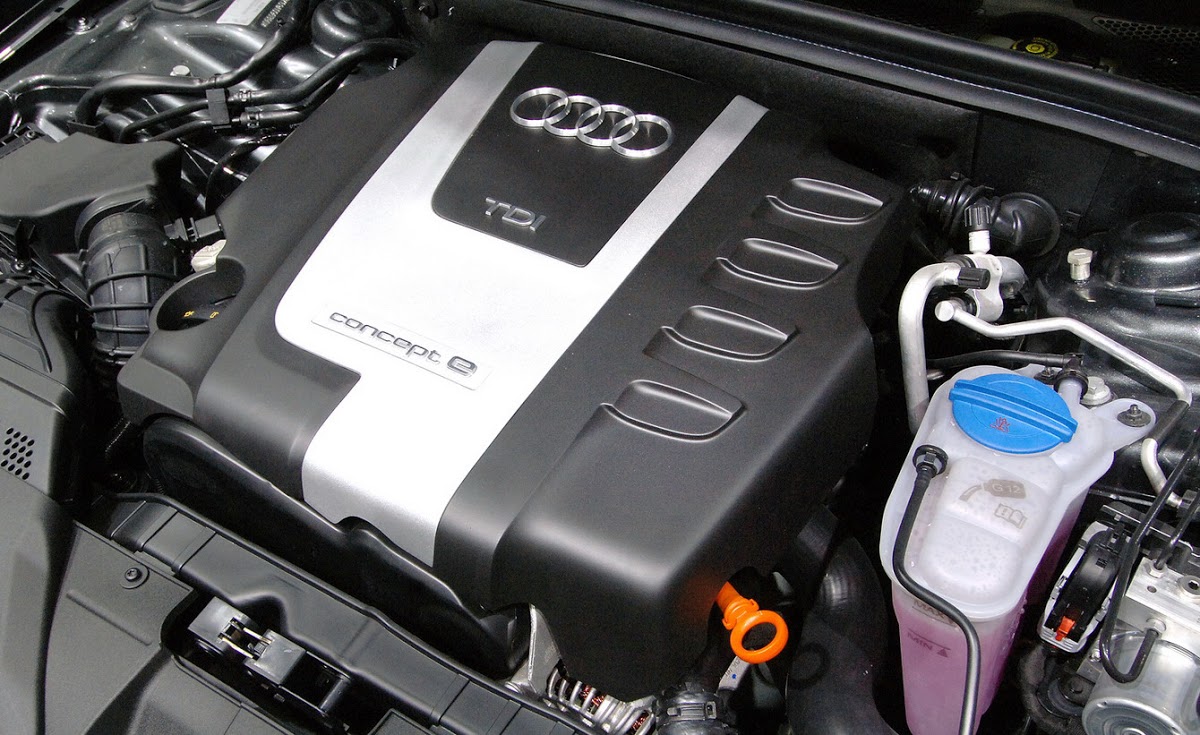Audi’s A4 TDI Concept is shown. It consumes only 3.99 litres/100km (58.95 US MPG) of the 88kW 2.0 TDI Engine. The emissions are also extremely low.
Motor industry efforts are geared towards improving fuel efficiency. Audi’s latest venture into fossil-fuel-saving is its A4 TDI Concept e. It uses Audi’s 2.0 TDI engine for 88kW (120hp), and 290Nm torque. This is not the story in fuel-saving. Its mileage is 58.95 US MPG or 3.99 l/km. This concept is close to production and its CO2 output is 105g/km.
These numbers are very interesting considering that a concept vehicle such as the Chevrolet Volt is designed to last just over forty miles before it needs to be recharged. This is roughly the distance General Motors believes the average American travels between home and work.

There are many ways to achieve this level of fuel efficiency. These include tyres that are optimized for road resistance, an economy program that can be accessed from the driver, and brake power recuperation system, which recovers power when you brake and coast to a halt and temporarily stores it in a cell. The start-stop system stops the engine from running when the car is stopped. This multi-pronged approach will allow the car to run for longer than usual. It is possible that the fuel efficiency curve may be flattening a little. What are the next breakthrough technologies in fuel efficiency and how can we improve fuel?
